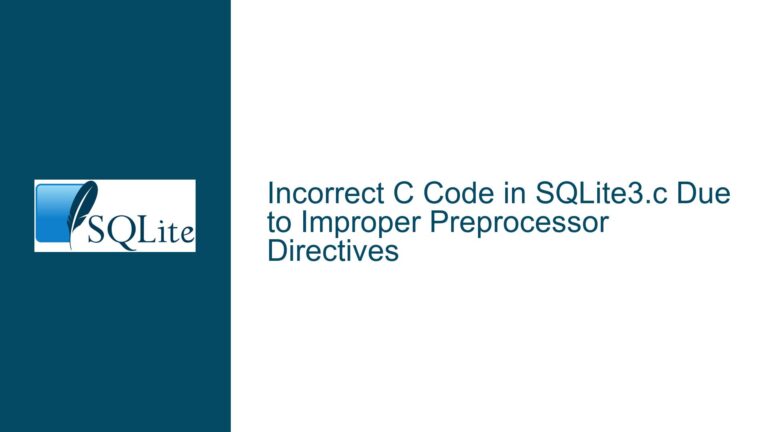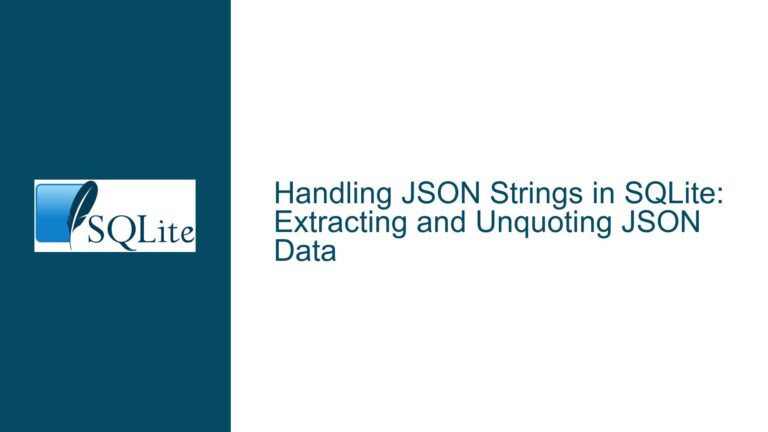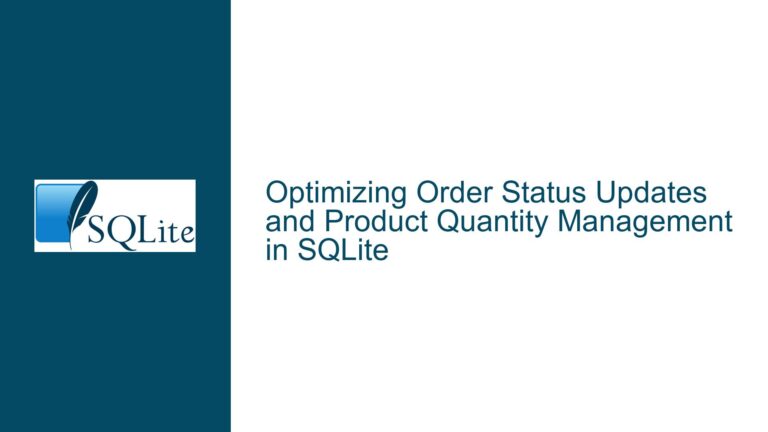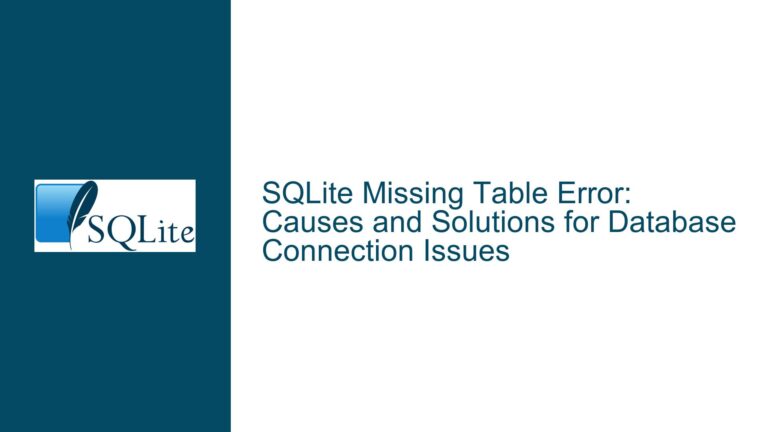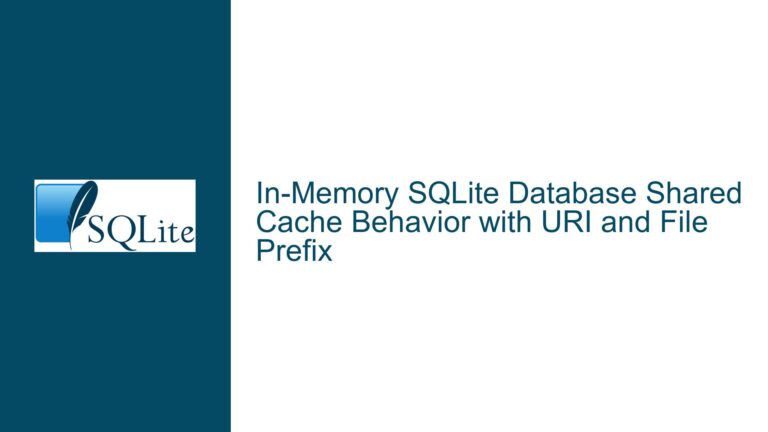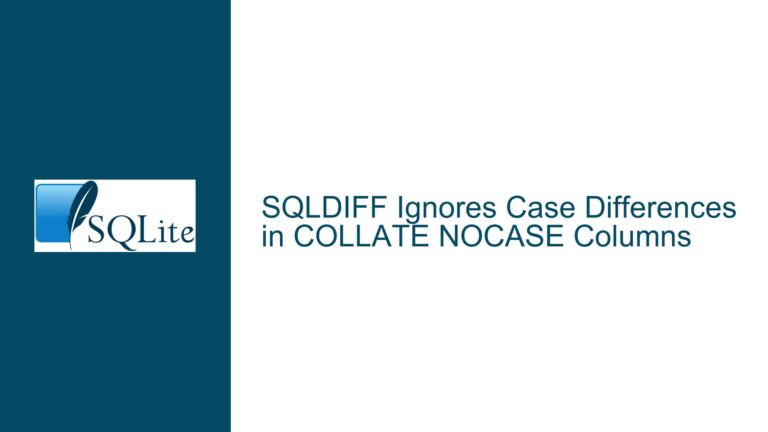Incorrect C Code in SQLite3.c Due to Improper Preprocessor Directives
SQLite3.c Preprocessor Directive Misuse Leading to Invalid C Code The issue at hand revolves around the misuse of preprocessor directives in the SQLite3.c file, specifically within the SQLite-autoconf-3320000 version. The problematic code segments involve the use of #if instead of #ifdef for conditional compilation, particularly when dealing with empty defines. This misuse results in invalid…
